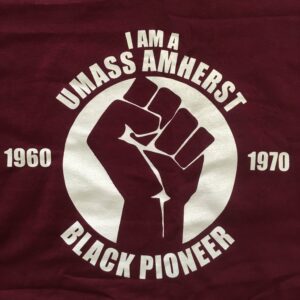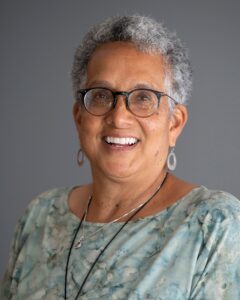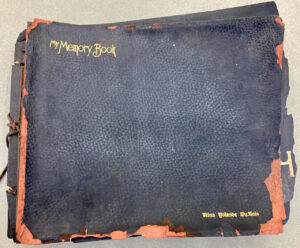The Office of the Dean of Students at UMass Amherst was established by President John Lederle in 1961 to replace the separately structured offices of the Dean of Men and Dean of Women, and to provide more effective, more flexible support for a growing and changing student body. In the 1960s, the Dean of Students had responsibility for almost all operational units related to student life, including Admissions, Records, Residence Halls, Dining Halls, Student Union, Student Activities, Placement, and Financial Aid. As the University became a statewide administrative unit with the opening of UMass Boston and the Medical School, there was an increasing conflict between the Office of the Dean of Students on the Amherst campus and the growing demands for a responsive administrative hierarchy. In 1970, the Office of the Vice Chancellor for Student Affairs was therefore created to provide an appropriate level of supervision for the various Student Affairs divisions with regard to budget, personnel and administration. The Office of the Dean of Students then became a student contact-based office, which cooperated and collaborated with the other divisions. The first Dean of Students, William Field came to UMass in 1951 as a guidance counselor and assistant professor of psychology. His tenure coincided with the massive expansion of campus and the turbulent years of the late 1960s and early 1970s, during which he played an important mediating role. The recipient of the Chancellor’s Medal in 1983, Field retired from office in 1988.
An important series of records documenting student life on the UMass Amherst campus, with an emphasis on the 1960s and 1970s. Among these are an extensive series of bylaws and charters for residence halls and registerred student organizations (RSOs) at UMass, as well as subject files on campus protests and demonstrations, students of color, and student groups of various sorts.
- African American students–Massachusetts.
- Field, William.
- Student movements–Massachusetts.
- University of Massachusetts Amherst. Dean of Students.
- University of Massachusetts Amherst–Students.





